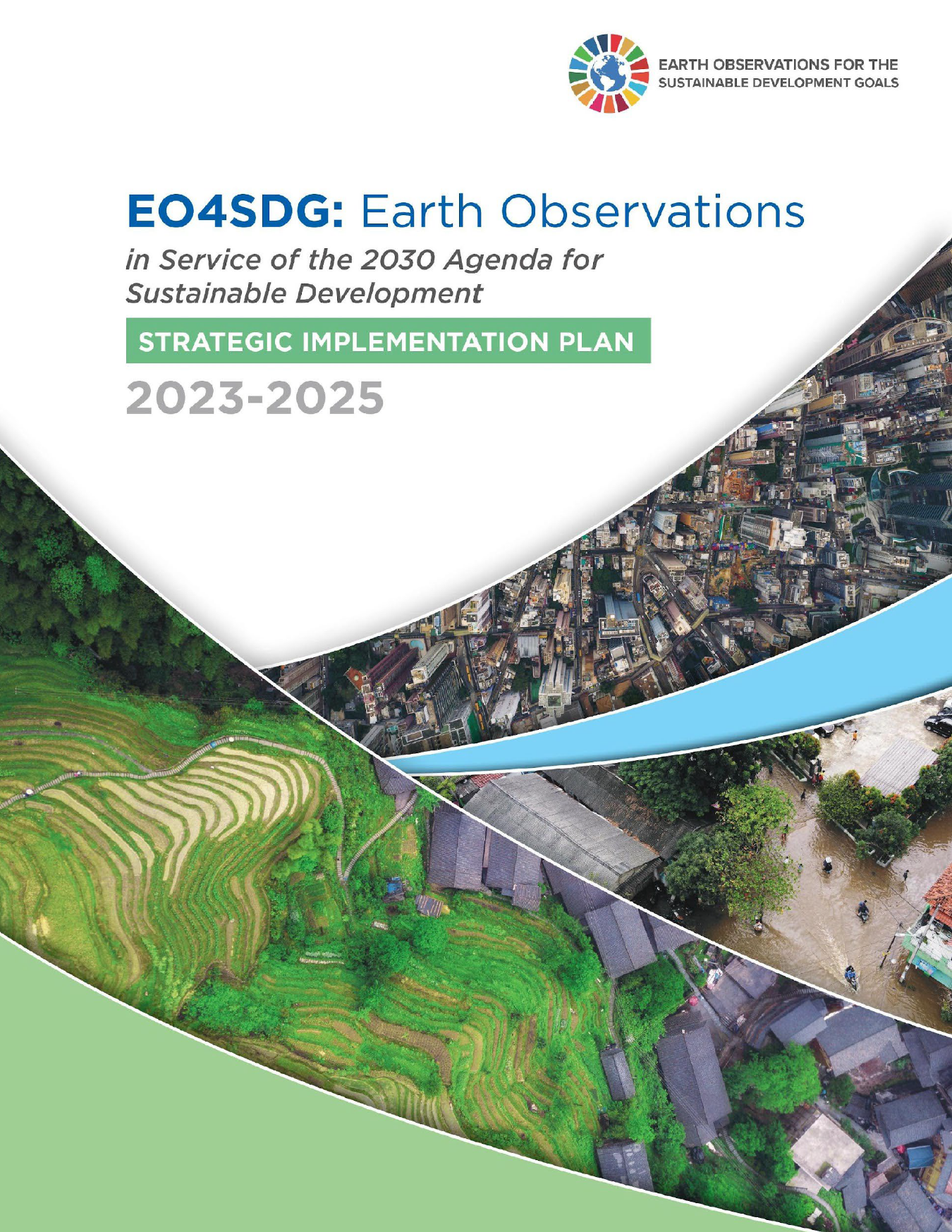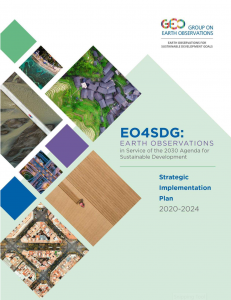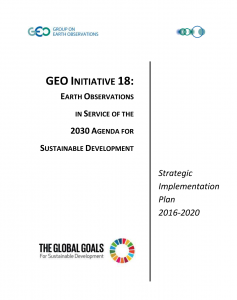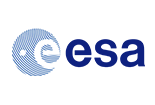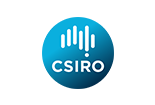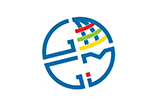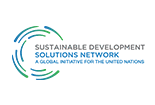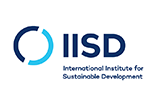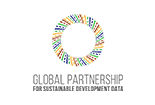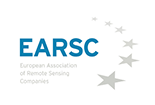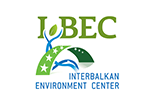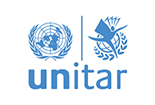Strategic Implementation Plan 2023-2025
Mid-way to 2030, countries and stakeholders have increased their use of Earth science information to inform development indicators; manage targets; prioritize sustainable development implementation programs; and evaluate outcomes. From measuring climate risks and urban growth, to monitoring biodiversity hotspots and sustainable forest management, Earth science data and derived insights play a key role in sustainable solutions. There are now more examples of fit-for-purpose data, tools, and methodologies that advance integration of Earth observations in support of sustainable development applications. In addition, capacity development and resource mobilization efforts have been focusing on strengthening the ability of countries to integrate a range of new data sources into national statistical systems, and address data needs for the full implementation of the 2030 Agenda. This document provides an update to the strategic implementation plan for EO4SDG, guiding GEO’s activities for 2023-2025.
Strategic Implementation Plan 2020-2024
Three years into the implementation of the 2030 Agenda, reliance on geospatial information and Earth observations has been gaining momentum as countries and relevant stakeholders apply information about people and places into monitoring and evaluation systems to improve human and environmental conditions and monitor progress towards achieving the SDGs. This document provides an update to the strategic implementation plan for EO4SDG, guiding GEO’s activities for 2020-2024. We plan to continue demonstrating practical and innovative uses of Earth observations, building capacity, promoting data access, and supporting country and stakeholder adoption, especially in hopes of enabling the use of Earth observations in broader ways to inform decisions and actions. We also plan to continue providing technical and other guidance for SDG relevant projects developed under other GEO activities, serving a coordination role to GEO’s overall service to the SDGs.
Strategic Implementation Plan 2016-2020
The Group on Earth Observations launched the Earth Observations for the Sustainable Development Goals (EO4SDG) initiative to contribute to the 2030 Agenda and realize the potential that Earth observations and geospatial information offer to the SDGs and the normative benefits they represent. The Group on Earth Observations began GEO Initiative 18, or GI-18, to contribute to the 2030 Agenda and realize the potential that Earth observations and geospatial information offer to the SDGs and the normative benefits they represent. This document provides the strategic implementation plan for GI-18, guiding GEO’s activities for 2016-2020. In these first five years toward 2030, we expect to lay a strong foundation for the role of Earth observations and geospatial information in supporting the SDGs. We will demonstrate practical and innovative uses of the data, build capacity, promote data access, and support country and stakeholder adoption, hopefully enabling the use of EO in broader ways to inform decisions and actions.



